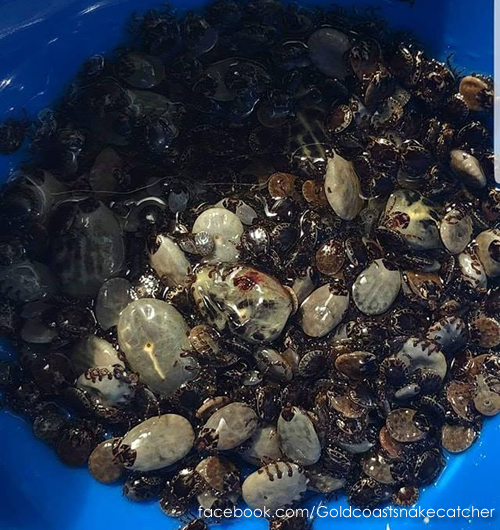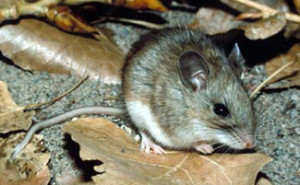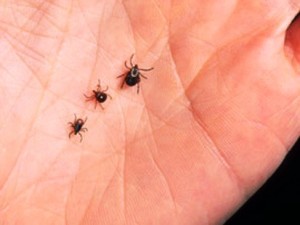If you are a Central Mass resident, you have likely had a tick encounter. Either on yourself, your children, or your pets. Those ticks obviously come to the end of their life cycle when found, but how do ticks meet their natural end? How do ticks die?
The 2-year tick life cycle is much about questing for their blood meal, either to survive and grow to adulthood, or to mate and produce a new generation of blood-suckers.
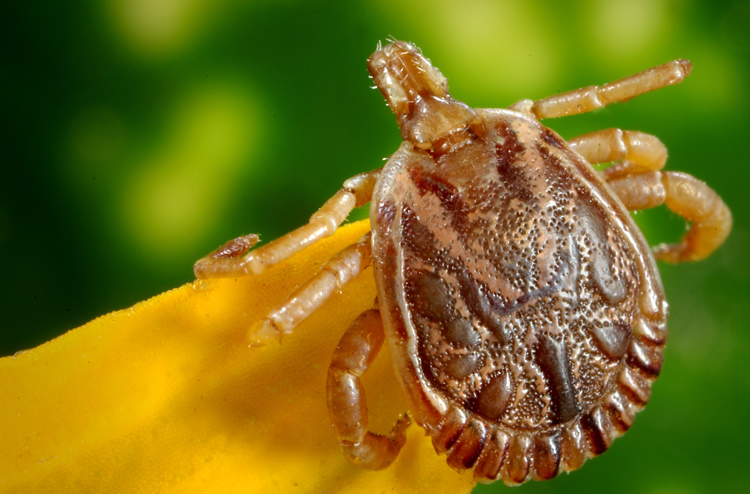
Protect your family from tick-borne illnesses with professional Central Mass tick control.
How and when do ticks mate? Once a female tick reaches adulthood, her final quest for the ultimate blood meal begins. She is looking for this blood, so she can finally mate with an adult male tick. She will quest for blood sources for days. Once she becomes engorged, she seeks a mate.
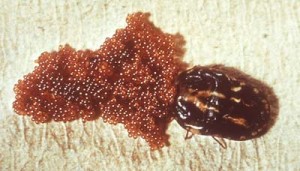
How many eggs can one female tick produce? Once the adult female tick has mated, she will lie in wait under cover of leaves, rocks, or in wood piles to lay her eggs. One female tick can produce 1,500, 3,000, or even up to 5,000 eggs!
How do male ticks die? After an adult male tick has found at least one mate, his life’s mission is complete. This does not mean that he dies immediately after mating, but they do die eventually after mating. It could be months before an adult male tick dies.
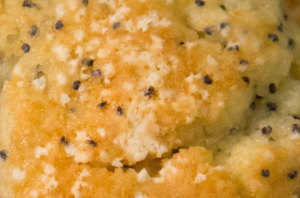
When do tick eggs hatch? It may take less than two weeks, or up to two months for tick eggs to hatch into tiny larvae. Once tick eggs hatch, these new larval ticks must seek their own blood meals in order to survive and grow. Once engorged, they molt in the winter, and emerge as tiny, sesame or poppy seed-sized nymph ticks. Nymph ticks are spreaders of infectious tick-borne illnesses, such as Lyme disease.
How do female ticks die? Soon after an adult female has produced her army of offspring, she meets her natural end. Her life is all about getting to adulthood in order to mate and lay eggs.
Central Mass Lyme disease prevention begins with effective tick control.

As residents of Central MA we must remain vigilant in the fight against Lyme disease and other diseases, such as the potentially fatal Powassan virus. Tick control is not a seasonal affair. There are methods of tick control, such as tick tubes, which can halt the tick life cycle with year-round protection.
